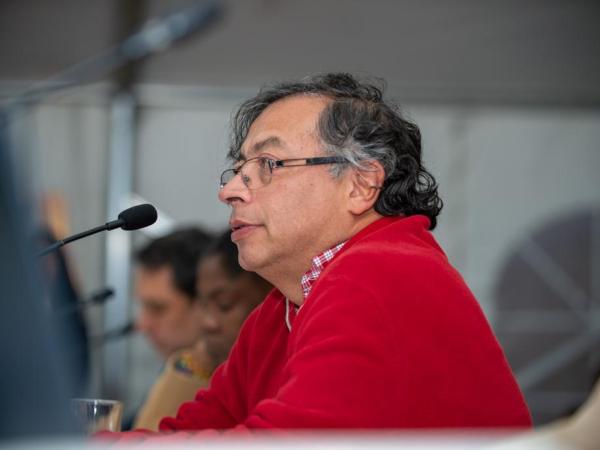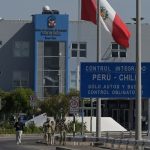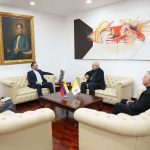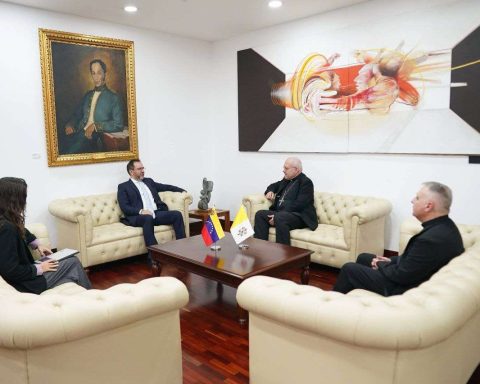The president of Colombia, Gustavo Petro, ratified on Friday, October 30, that his is the government of “change”, leading the first meeting with the entire team of his Administration, which took place in Hato Grande, the presidential hacienda located on the outskirts of Bogotá.
(Read: Francia Márquez, one of the 100 world leaders of Time magazine).
“The legacy that we want to leave at the end of this effort, the coherence that we want to build in our daily work, the backbone of a diverse cabinet, is the change in ColombiaPeter said.
The president added that his government can be criticized if he makes the changes he promised in his electoral campaign or if he does not“but I prefer to be criticized for making the change,” he said.
“It is the first meeting where we practically brought together the entire government,” Petro declared, adding that it was a “strategic planning” meeting, attended by ministers, other high-ranking officials and the vice president, Francia Márquez, who has been seen in a few acts with Petro since taking office.
“We continue to work for social, ethnic, gender, environmental and economic justice. With the government cabinet (…) we evaluate the progress and challenges we have to guarantee a country with dignity and total peace,” Márquez said in a message on his Twitter account.
(Also: US Secretary of State will visit Colombia: this will be his agenda).
Gustavo Petro with his cabinet
For Petro, the gear of the Government is fundamental and, despite the diversity of issues that each minister has on its agenda, it was possible to “unify a coherent message that remains the same for which we became a Government: change”.
In this sense, he insisted that the central axis of his Administration is that they are going to “change public policies, conceptions that are no longer useful for the 21st century, that were left behind, that are destroying us as a society and even as nature“.
In recent weeks, the Petro Government has presented two of its most ambitious projects, which have been bittersweetly received by Colombian society: tax reform and agrarian reform.
Another of his great promises, and which he has already announced will guide his actions from the House of Nariño, is the policy of “total peace” with which he intends to put an end to the conflict and violence that still persist in the country and for which He has already advanced conversations with el National Liberation Army (ELN) and with FARC dissidents.
(Read: Government regulates route to safely access abortion).
Waiting for the reforms to obtain the green light from Congress, this week the first protest against government policies took place in the streets of the main cities of Colombia.
EFE


















